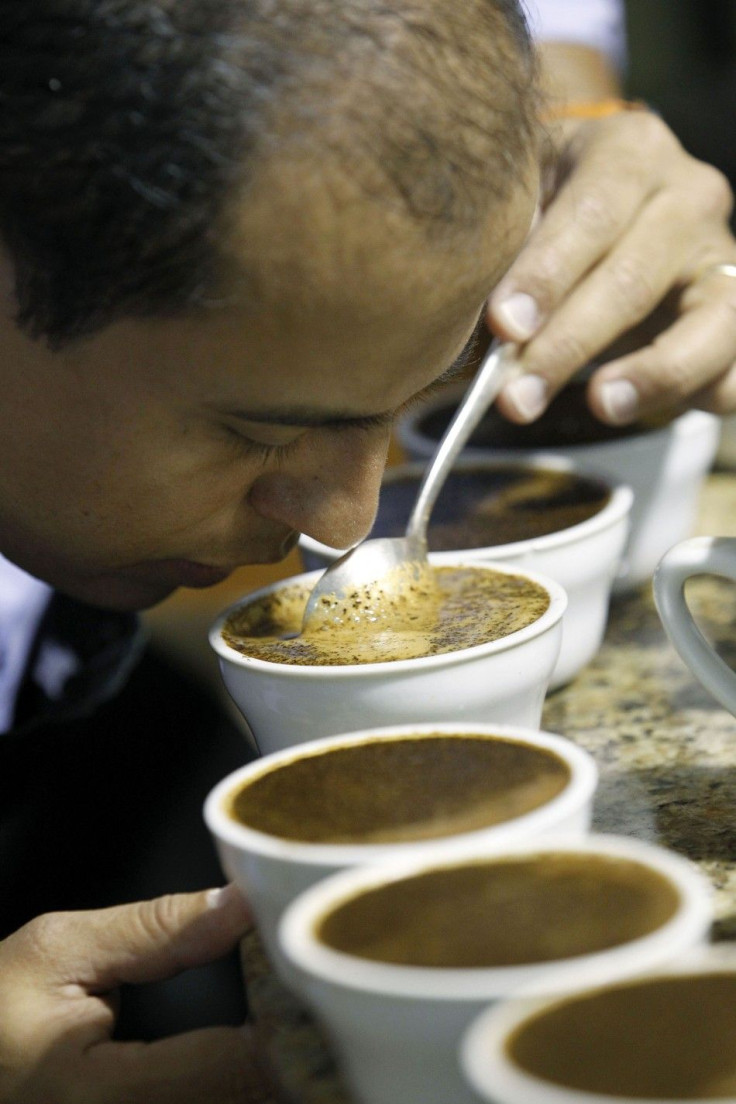Reduced Sense Of Smell May Signal That Death Is Near: Study

A recent study has linked an individual's ability to smell with his or her longevity. According to the researchers, people with a reduced or lost sense of smell might be at a greater risk of dying earlier than people with a normal smelling sense.
The researchers reached their conclusion after analyzing information from more than 1,100 New Yorkers, with an average age of 80 years. The subjects were asked to identify 40 common odors during a “scratch and sniff” test. People who were able to identify fewer than 18 odors were classified to have anosmia, that is, an inability to smell and recognize different odors.
The researchers followed the participants for four years. They found that 45 percent of the people who had scored less than 20 during the test died within four years years of follow-up. However, only 18 percent of the people with the higher score died during the period.
The researchers thus concluded that people with a diminished sense of smell are likely to die earlier than people who can identify different odors well. The results remained the same even when the researchers considered other factors, including age, smoking, dementia and alcohol intake.
"The increased risk of death increased progressively with worse performance in the smell identification test and was highest in those with the worst smelling ability, even after adjusting for medical burden and dementia," said lead researcher Davangere Devanand from Columbia University.
However, Devanand noted that the study only considered adults. Whether the results hold true for youngsters with an impaired smelling sense still remains a question. According to the researcher, further study is required to answer that question.
The complete study has been published in the journal Annals of Neurology.
© Copyright IBTimes 2024. All rights reserved.











